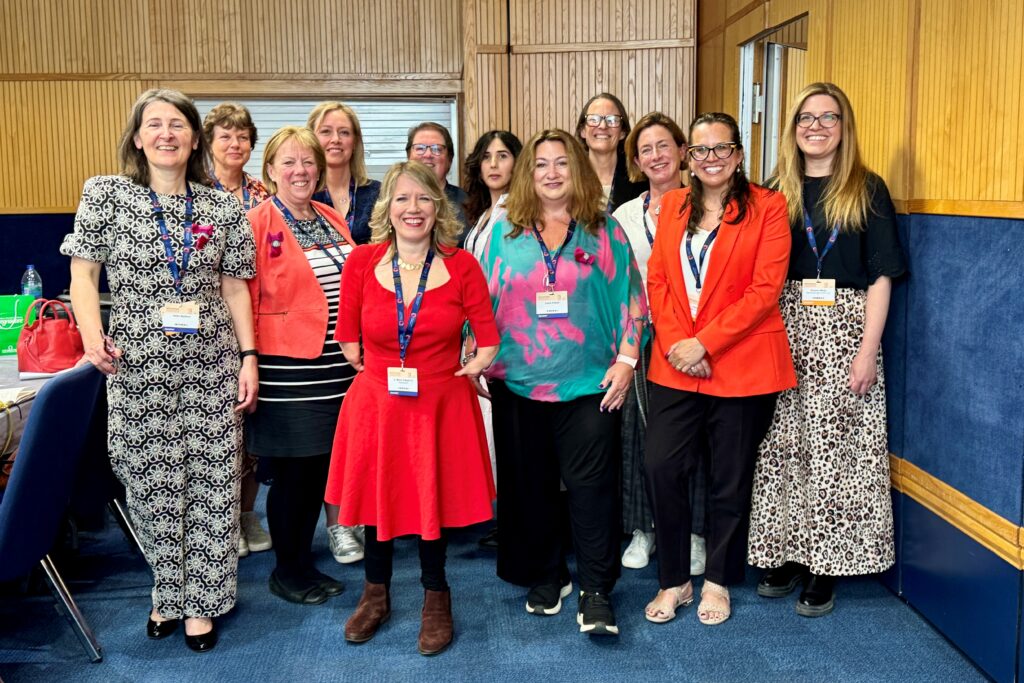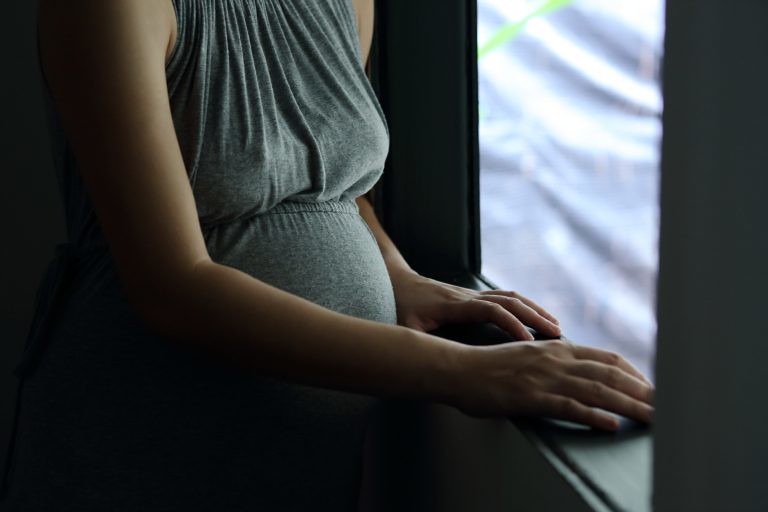In her latest blog Clare Livingstone, Head of Professional Policy and Practice shares an update on the RCM’s work to improve maternity care and support for pregnant women with disabilities
Disabled women make up 20% of women of reproductive age (15-49 years) in the UK, equating to 2.9 million women. Despite this, emerging evidence here in the UK and elsewhere, shows that disabled women have significantly worse maternity care access, experiences and outcomes. Sadly, the needs of disabled women appear to be rarely considered in relevant maternity guidance and appropriate resources available to support their care are lacking.
The RCM is working at pace with key stakeholders to address this concerning situation, which sees 44 percent higher odds of stillbirth, neonatal mortality, caesarean birth more likely for disabled women. Lower levels of breastfeeding and longer postnatal stays have also been reported.
During the RCM’s national conference in May, the RCM hosted a roundtable with the Member of Parliament, Dr Marie Tidball. Marie who, as a disabled woman, has her own lived experience of sub-optimal care in pregnancy and is determined to work with the RCM and midwives to improve care. Marie’s lived experience and that of so many other disabled women must be the catalyst for change.
During our roundtable we also listened to valuable contributions provided by Cath Riley, founder of Making Disability Inclusive who is sight impaired and a champion for pregnant disabled women.
In the days before our roundtable, we also attended a Westminster summit organised by Dr Marie Tidball MP – which brought together representatives from other organisations that support and campaign on behalf of disabled people. The Chief Midwifery Officer for NHS England, Kate Brintworth, National Clinical Director for Maternity, Professor Donald Peebles were also at the table, together with academics, policymakers and RCM project leads. So there has been much work behind the scenes to inform the next steps and improve partnership working on this issue.
There are clear inequalities that disabled women face, compared to non-disabled women in receiving high quality personalised maternity care. The key concerns that have been articulated to the RCM include not only health system failures, but a lack of knowledge and training of maternity staff in providing appropriate support.
One of the recommendations that the RCM intends to take forward from these meetings is to create a disability pregnancy passport. Models for this are already in use in some NHS Trusts but are not pregnancy-specific and certainly not widely available.
The purpose of this passport is to improve communication between a woman and the multidisciplinary team of healthcare professionals, continuity of care and service navigation. It will advise on the nature of a woman’s particular disability, her choices and preferences, and include information about reasonable adjustments that may be needed.
While we may not be able to solve all these issues alone, we are committed to working in partnership to develop tools to support our members to enable them to better support women with disabilities. Our commitment to closing the gap is strong and as ever it will be driven by the voices of our members and the lived experience of disabled women using UK maternity services.


